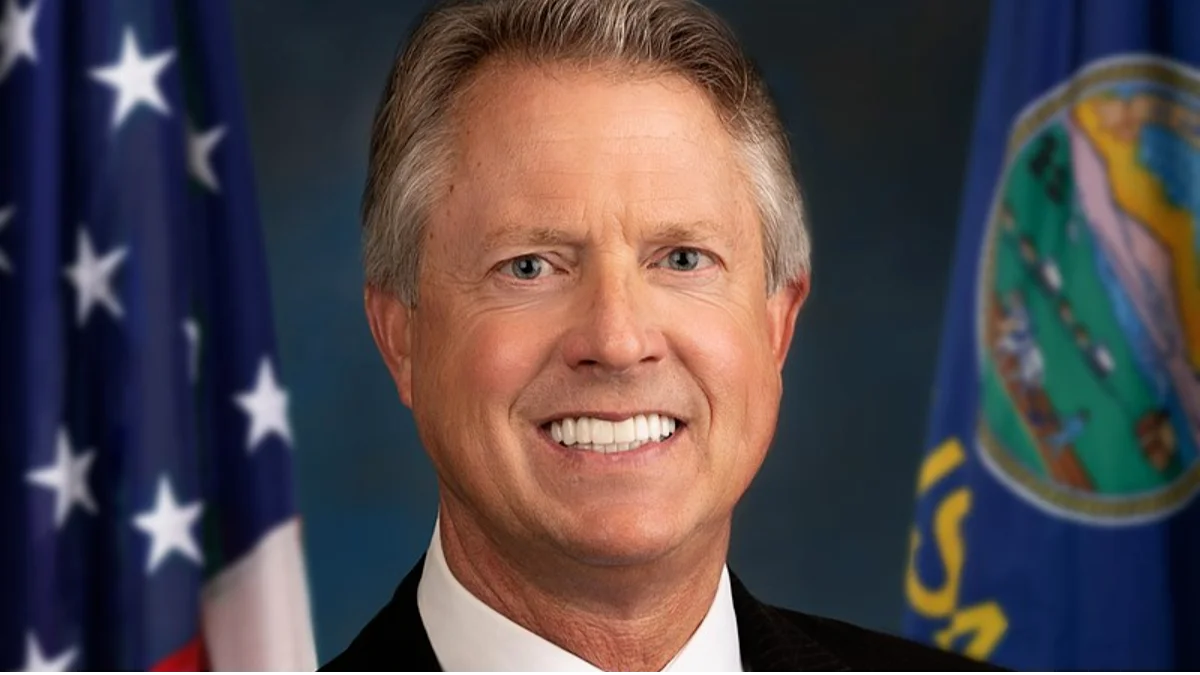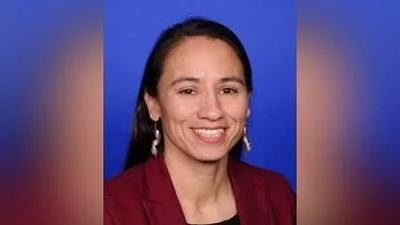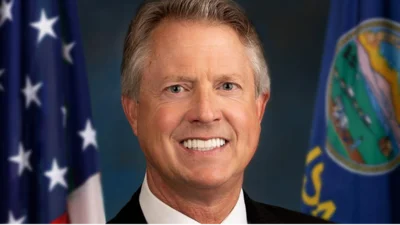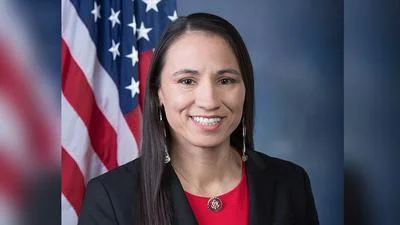Senator Roger Marshall, US Senator for Kansas | Official U.S. House headshot
Senator Roger Marshall, US Senator for Kansas | Official U.S. House headshot
U.S. Senators Roger Marshall and Michael Bennet have called on Secretary of Agriculture Tom Vilsack to adapt the USDA’s drought mitigation programs to better support western farmers and ranchers. In a letter, the senators detailed testimony and recommendations from Colorado and Kansas producers, water experts, and state officials presented during a June field hearing in Burlington, Colorado. The hearing, titled "Hearing on the High Plains: Combating Drought with Innovation," focused on addressing the unique challenges posed by historic drought conditions in the West.
“Through our field hearings and testimonies, we heard the problems and complications loud and clear—it’s now time to focus on solutions,” said Marshall. “We hope the USDA will take the next steps and make improvements and investments to help our Kansas and Colorado producers. We recognize that these won’t solve all our water issues in the West, but it’s a good start.”
Bennet added, “Colorado and Kansas producers told us they cannot survive the current levels of drought unless we make serious changes to how we address it. Their field hearing testimonies were invaluable, and now we need assistance from our USDA programs and upcoming Farm Bill to reflect the unique challenges they are facing.”
The letter addresses several USDA programs that could be improved, including The Conservation Reserve Program (CRP), The Conservation Reserve Enhancement Program (CREP), The Environmental Quality Incentives Program (EQIP), and The Watershed and Flood Prevention Program (PL-566). It also recommends increased investment in water conservation research and scaling innovative voluntary water conservation approaches such as a pilot program based on Bennet’s Voluntary Groundwater Conservation Act.
Marshall and Bennet, who serve as Ranking Member and Chairman of the Senate Agriculture Committee’s Conservation, Climate, Forestry, and Natural Resources Subcommittee respectively, hosted the hearing on June 26, 2024.
In their letter to Secretary Vilsack, they highlighted several key points raised during the hearing:
- CRP rental rates should be based on erodibility indexes rather than soil productivity.
- CREP faces challenges in both states.
- EQIP needs adjustments.
- PL-566 requires modernization to meet increasing demand for watershed resilience projects.
The senators emphasized that investing in cutting-edge research is crucial for helping family farmers conserve water while maintaining food production amidst persistent droughts.
“We look forward to hearing from you and welcome the chance to work together on ways to support America’s family farmers and ranchers,” concluded Marshall and Bennet.
Sincerely,
Roger Marshall, M.D.
U.S. Senator
Michael Bennet
U.S. Senator






 Alerts Sign-up
Alerts Sign-up